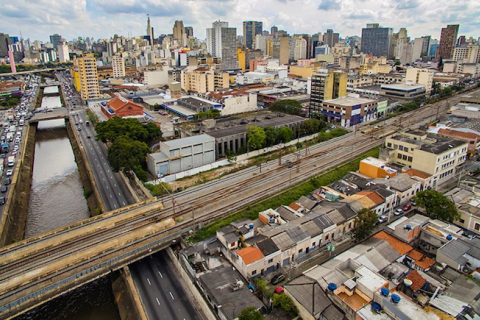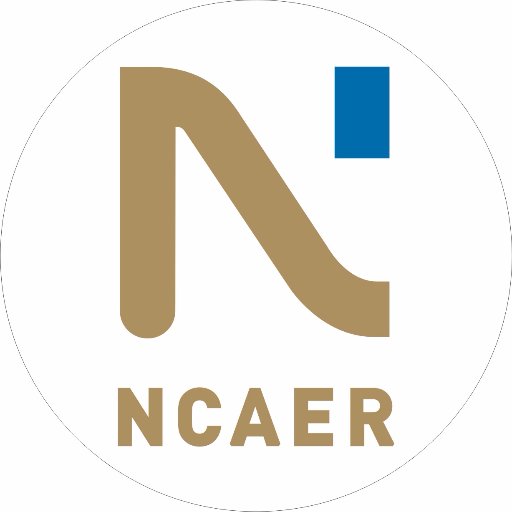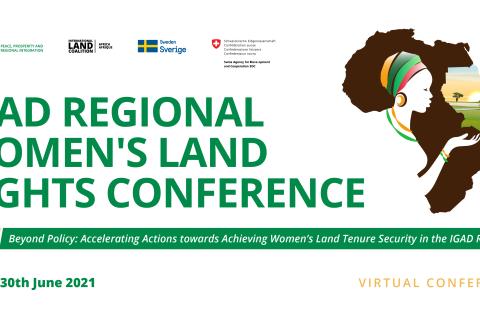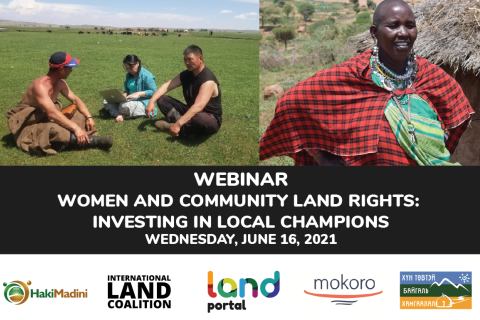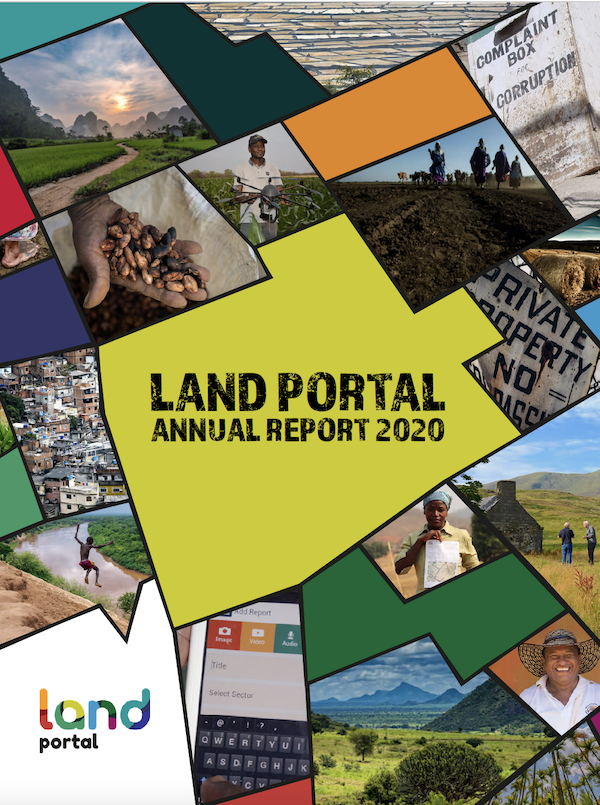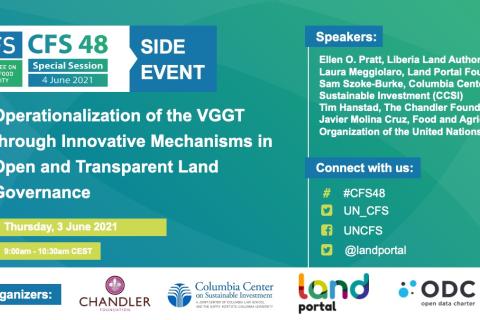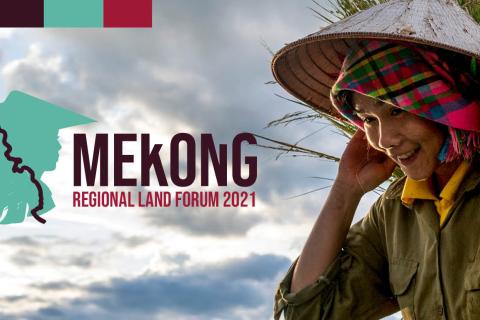
Topics and Regions
Neil Sorensen joined the Land Portal as its Communications Specialist in October 2015. He has extensive experience leading communications for international organizations and developing relationships with civil society, donors, intergovernmental agencies, the media and the private sector. Previously, Neil worked for the International Fund for Agriculture Development (IFAD) as a Governing Bodies Officer and Strategic Adviser to the Secretary of IFAD. He has also led communications for three international organizations, including the International Land Coalition, the International Federation of Agricultural Producers (IFAP) and the International Federation of Organic Agriculture Movements (IFOAM). He holds a Master’s degree in Global Diplomacy from the University of London School of Oriental and African Studies (SOAS) as well as a Bachelor’s degree with a double major in German and Sociology from St. Cloud State University.
Details
Location
Contributions
Displaying 321 - 330 of 1156Sustainable corridors? Urban land and mobility infrastructure development in an era of climate change
This session aimed to generate discussions on different experiences of infrastructure development that addresses climate change in cities. It paid particular attention to new transportation “corridor” development, which has increasingly become popular as a way to redesign the rapidly growing city to reduce traffic congestions and thereby carbon emissions, promote affordable public transportation system, and to make public green spaces accessible for all the citizens. However, it is known that it significantly affects ways that urban land is used, accessed and governed by local communities.
Setting the Stage: LANDac Conference 2021 Opening Session and Keynote Speeches
The LANDac Conference 2021 was opened by the Co-Chairs of LANDac, Dr. Gemma van der Haar from Wageningen University and Dr. Guus van Westen from Utrecht University. Dr. Guus van Westen noted that theirs is the 11th consecutive LANDac conference, and that last year, labeling the conference an Online Encounter, we were not yet ready to accept the new reality of COVID-19. This shift has enabled LANDac to reach new audiences that were not previously part of the LANDac crowd.
Behind the Brands 8 Years Later: An assessment of food and beverage companies’ delivery of land rights commitments
From 2013 to 2016, Oxfam's Behind the Brands campaign called on the 10 biggest food and beverage companies to adopt stronger land rights commitments. Now, as the coronavirus pandemic worsens inequality and food insecurity around the world, we asked the question: Are companies taking meaningful steps to implement their commitments?
LANDac Conference 2021
The LANDac Annual International Conference offers a podium for knowledge exchange between researchers, practitioners and private sector representatives interested in land governance for equitable and sustainable development
National Council of Applied Economic Research
Established in 1956, NCAER is India’s oldest and largest independent, non-profit, economic policy research institute. Six decades in the life of a nation is a long time. It is even longer in the life of an institution. But the promise of NCAER—to ask the right questions, gather good evidence, analyse it well, and share the results widely—has endured. India has achieved much, and much remains undone. As the economy has changed, so too has NCAER, to continue to help understand India’s rapid economic and social transformation.
IGAD Regional Women's Land Rights Conference
Even though women are the primary users of agricultural land in most African communities, the system of patriarchy which dominates social organization has tended to discriminate against women when it comes to ownership and control of land resources.
Women and Community Land Rights: Investing in Local Champions
Land Portal Annual Report 2020
Long-term, sustainable and responsible ways to access and share data are fundamental to all efforts to support sustainable development and particularly salient to improving land governance and securing land rights for landless and vulnerable people. The COVID-19 pandemic has unequivocally demonstrated that the need for land rights has never been greater, as governments have shut down land administration systems and rolled back regulations protecting vulnerable communities.
Operationalization of the VGGT through Innovative Mechanisms in Open and Transparent Land Governance

